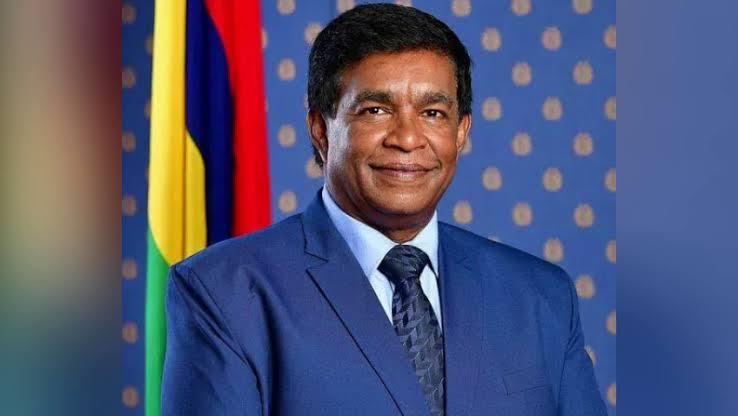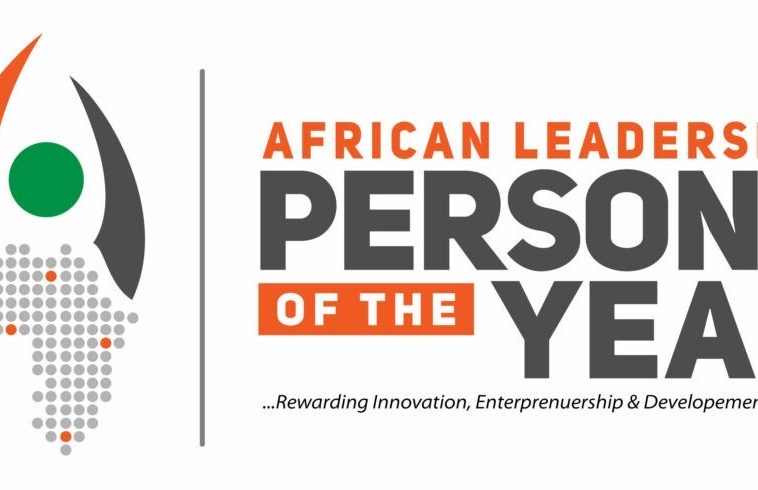At least ten African countries are planning elections in 2022. Until now, no female has so far declared her presidential bid.cCould it be a lack of interest or a lack of a fair chance?.
African leadership magazine conducted a survey to determine whether women are likely to vie for top positions in the African government in 2022. 37.5 percent of respondents indicated that the female gender is likely to vie, while 40 percent stated that the female gender will not vie for top positions of leadership in Government while 22.5 percent of them were not certain.
If a woman decides to run for the highest office in the land, the presidency, 75 percent of those polled said they would vote for her, while 5 percent said they would not vote for her. 17.5 percent of the respondents were indifferent, while 2.5 percent noted that it would depend on the strength of the female candidate to get their vote.
Another survey was conducted to determine whether African countries preparing for general elections next year would achieve equal gender representation, 25 percent voted YES, 57.5 percent voted NO, and 17.5 percent voted lack of knowledge on whether gender representation would be achieved or not achieved next year.
The results of the polls conducted by African Leadership Magazine from the 27th of December 2021 to mid morning of 29th of December 2021, reflect a similar story of “democracy’s unresolved dilemma” of unequal participation in Africa’s political space. However, the main concern in this matter is not whether a gap exists, but rather how large the gap is and where it occurs.
Honourable Rebecca Maroa is the County Executive Committee Member in charge of Water, Energy, Environment, Climate Change and Disaster Management in Migori County, Kenya who is preparing to run for Governor on the UDA ticket in a community that is a stronghold of the opposing party. She has listed her major challenges to be gender-based.
“I’m born & married in the Kuria community which is a minority amidst the Luo community. The real challenges that I face here are gender-based. The Kuria & Luo communities still hold low regard for women’s leadership. Both communities still cling to retrogressive practices like FGM & Wife inheritance which affect women negatively. A visionary and ambitious woman is viewed as not being woman enough.”
She recalls that as a woman vying for such a position, she has been forced to work three times harder than the male gender to convince society that she is worth the seat she is vying for. That makes it hard for her to even access resources such as finance. “Notably, Finance is the greatest challenge because as a woman, one has to work three times harder than a man even to convince the society that you have the potential to lead.”
Well, a peculiar history helps. Cheikh Anta Diop tries to explain a similar story and the entire concept of Bicameralism in his 1987 book Black Africa (an ancient example of African democracy that made full use of society’s human resources in a way that supported and encouraged everyone.)
In his book, he explains that in ancient times, before any foreign powers dominated Africa, women could boast about their positions of influence in society. At the time, African Legislation and rules were involved in the administration of public affairs through the Women’s Assembly.
It is at this point that woman sat independently from the men’s assembly; however, the two assemblies shared influence and power. At the close of dawn, the women’s assembly meeting was said to be the catalyst for the resistance against foreign invasion and occupation of West African nations such as Dahomey (Benin) and the Yorubas in Nigeria. Therefore, African bicameralism, allowed for the flourishing of both males and females, and the full use of both the feminine and masculine minds.
From this context, you realise that the existing gap was typically triggered by similar factors such as gender stereotypes which are still cramping women’s political representation and lowering their chances of running for office and being elected by their party.
Such factors have influenced voters’ decisions to elect them to certain political positions. They have played an immense role in the country’s implementation of decisions on the roles of women and men politicians in assemblies. Taken together, gender inequalities in political participation remain a significant component of African society.
Taken together, gender inequalities in political participation remain a significant component of African society. As politics goes higher, the fewer women there are. Some lack the confidence to apply for senior positions, others lack the necessary preparation and training, while others are excluded from senior positions due to non-recruitment, promotions, and systematic gender favoritism. Despite these obstacles, women continue to make great strides in entering the workforce, running for office, and being elected to legislative bodies.
A strong and vibrant democracy can only emerge when parliament is fully representative of the people it represents. On the other hand, parliaments cannot consider themselves inclusive until they can claim that women are fully engaged in the decisions made by the house. This is when they’ll be able to brag about women’s full participation.
With the first-ever United Nations World Conference on Women in Mexico City in 1975, the international community valued women’s representation in leadership and influence on political decision-making structures. Despite this international focus, women’s access to parliament has been painfully slow and frequently disappointing in Africa.
According to the UN Women, gender equality in the highest positions of power will not be achieved for another 130 years. As of 1st September 2021, only 26 women were serving as Heads of State and/or Government in 24 countries, whereas Only 10 countries have a female Head of State, and 13 Countries have a female Head of Government.
Just 21% of government ministers are women, with only 14 countries having 50% or more women in cabinets. Gender parity in ministerial positions according to them will not be achieved until 2077, with an annual increase of only 0.52 percentage points.


